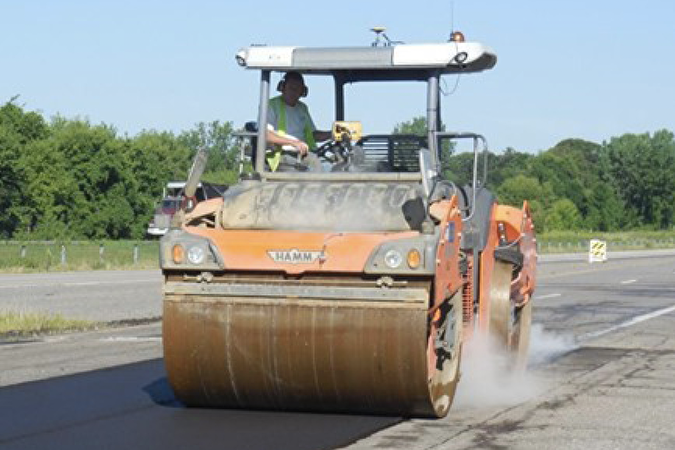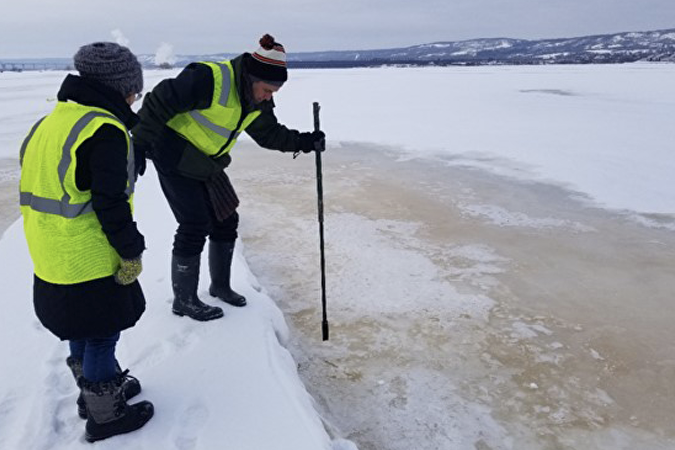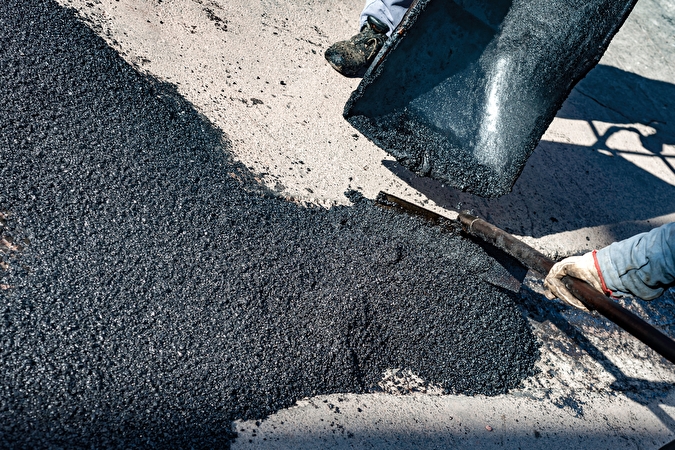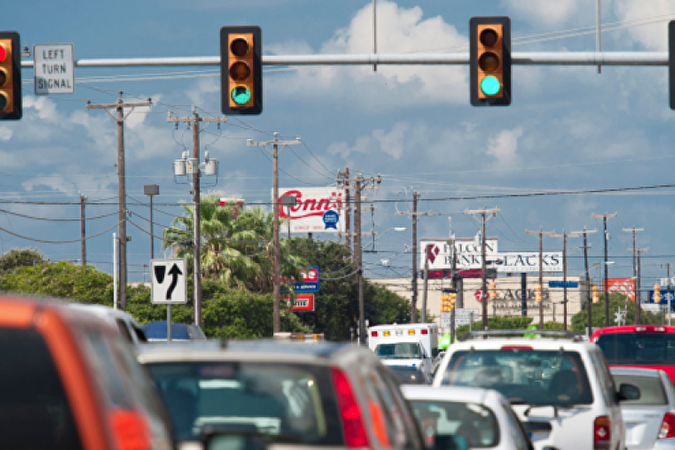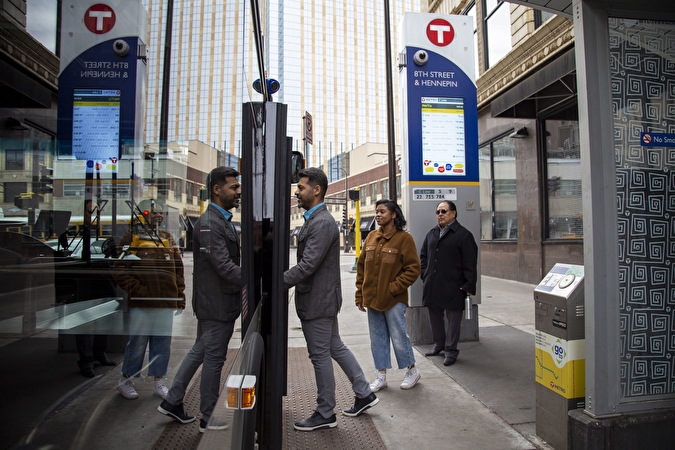
Research
CTS supports transportation researchers in more than 30 departments. We bring disciplines together to tackle the complex societal issues that call for broad perspectives. And we invest in labs and infrastructure to address current needs and prepare for what’s to come. Here are some achievements from FY23.
Project Showcase
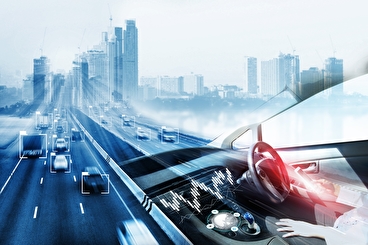
Shared automated vehicles could make cities more livable, equitable
Fully automated vehicles (AVs) will be commonplace sooner than you think. Research centered at the University of Minnesota shows how, by planning carefully for AVs, we could make the most of this technology revolution to improve transportation and make it more equitable for all. In an NSF-funded study, a large interdisciplinary team examined the potential of one approach: shared automated vehicles (SAVs). The team examined not only how SAV networks could work but also what the impacts on society might be.
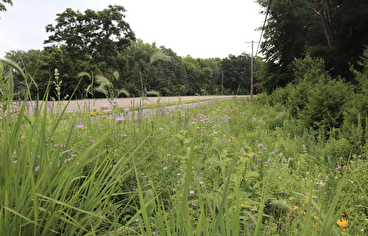
Strategies improve pollinator habitat on roadsides, reduce costs
Transportation agencies revegetate roadsides after construction projects to provide road stability, stormwater filtration, and visual appeal. Revegetation is also a good opportunity to create pollinator-friendly habitat. However, planting and maintaining ditches can be expensive, and there isn’t much data on which methods actually work. U of M researchers studied the effectiveness of past revegetation efforts in Minnesota and created best practice recommendations for transportation departments and roadside management organizations.
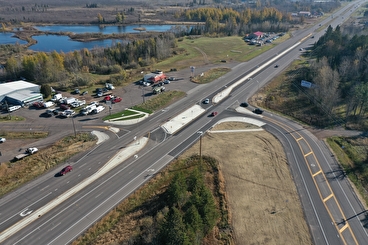
Researchers aim to increase community buy-in for ‘U-turn’ rural intersections
Restricted crossing U-turn (RCUT) intersections on four-lane divided highways significantly improve safety. The technique requires drivers on the side road to make a right turn and then—at a break in the median some distance later—make a U-turn to complete a left turn. This removes the need for vehicles to cross traffic and reduces the number of possible danger points. But when first introduced to the public, RCUTs can cause confusion and frustration—and, ultimately, community resistance. U of M researchers studied the effectiveness of persuasive messaging techniques to increase public acceptance.
